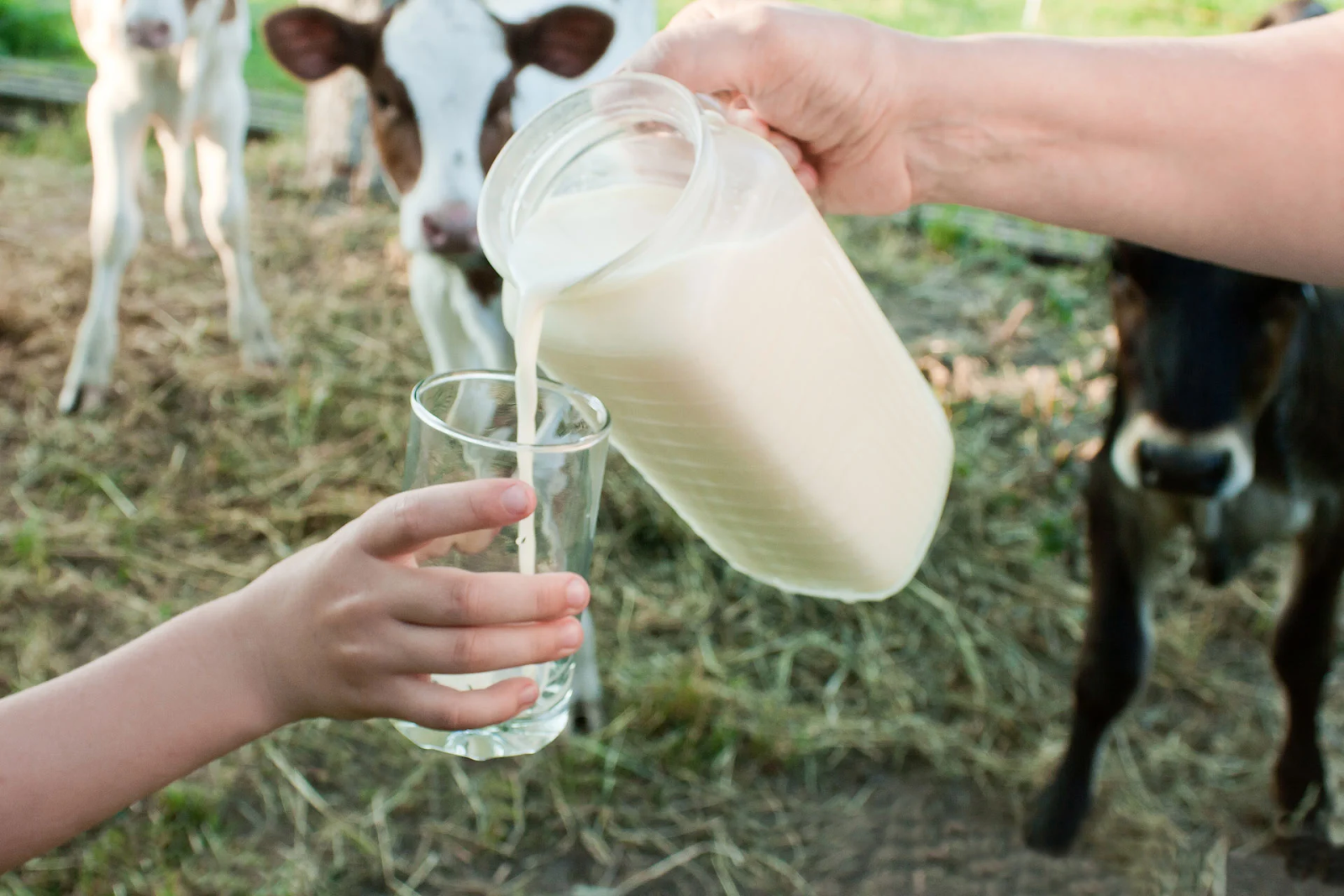10 Facts About Raw Milk in Houston You Should Know
Raw milk has been gaining attention for its purported health benefits and rich taste. In Houston, raw milk enthusiasts are exploring the local options and understanding the nuances of this unprocessed dairy product. Here are ten essential facts about raw milk in Houston you should know.
1. Raw Milk Definition and Composition
Raw milk is milk that has not undergone pasteurization, a process that heats milk to kill harmful bacteria. Instead, raw milk retains its natural enzymes, beneficial bacteria, and nutrients. This composition includes a variety of vitamins, minerals, fatty acids, and amino acids, which some proponents believe are diminished or altered during pasteurization.
2. Legal Status of Raw Milk in Texas
In Texas, the sale of raw milk is legal but regulated. Raw milk can only be sold directly to consumers on the farm where it was produced. This means you cannot purchase raw milk in stores or through delivery services. Consumers must visit the dairy farm to buy their raw milk, ensuring they have a direct connection with the source of their product.
3. Health Benefits of Raw Milk
Advocates of raw milk claim it offers several health benefits compared to pasteurized milk. These benefits include improved digestion due to the presence of natural enzymes, a richer supply of vitamins and minerals, and potential benefits for the immune system from probiotics. Some individuals with lactose intolerance report that they can consume raw milk without the same digestive issues they experience with pasteurized milk.
4. Potential Risks and Safety Concerns
Consuming raw milk carries potential risks due to the presence of harmful bacteria such as E. coli, Salmonella, and Listeria. These pathogens can cause severe illness, particularly in young children, the elderly, pregnant women, and those with weakened immune systems. It's essential for consumers to be aware of these risks and ensure they purchase raw milk from reputable farms that follow stringent hygiene practices.
5. Local Farms Offering Raw Milk
Houston and its surrounding areas have several dairy farms that offer raw milk. These farms are often family-owned and emphasize sustainable and ethical farming practices. Examples include Stryk Jersey Farm in Schulenburg and Healthyway Dairy in Santa Fe. Visiting these farms allows consumers to see the cows, understand the milking process, and ensure the farm's cleanliness and animal welfare standards.
6. Nutritional Profile of Raw Milk
Raw milk is touted for its comprehensive nutritional profile. It is a good source of calcium, magnesium, phosphorus, and potassium, which are vital for bone health. Raw milk also contains higher levels of vitamin A, vitamin D, and vitamin K2 compared to pasteurized milk. Additionally, the presence of omega-3 fatty acids in raw milk contributes to its anti-inflammatory properties.
7. Taste and Culinary Uses
Many people who consume raw milk prefer its taste over pasteurized milk, describing it as creamier and more flavorful. Raw milk can be used in various culinary applications, including homemade yogurt, cheese, kefir, and butter. Its rich flavor and texture make it a versatile ingredient for both sweet and savory dishes.
8. Regulations and Quality Control
Dairy farms producing raw milk in Texas are subject to strict regulations to ensure the safety and quality of their products. These regulations include regular testing for bacterial contamination, maintaining clean facilities, and ensuring the health of the dairy cows. Consumers should look for farms that adhere to these standards and are transparent about their practices.
9. Community and Education
The raw milk community in Houston is active and passionate. Many farms offer tours, workshops, and educational events to inform the public about the benefits and risks of raw milk. These events provide an opportunity for consumers to learn about sustainable farming practices, animal welfare, and the nutritional aspects of raw milk. Engaging with the raw milk community can enhance your understanding and appreciation of this natural product.
10. Storage and Shelf Life
Proper storage of raw milk is crucial to maintain its freshness and prevent bacterial growth. Raw milk should be stored in the coldest part of the refrigerator, ideally at or below 40°F (4°C). Its shelf life is typically shorter than pasteurized milk, lasting about 7 to 10 days. Some consumers extend the life of their raw milk by freezing it, which does not significantly alter its nutritional profile but may affect its texture upon thawing.
Conclusion
Raw milk offers a unique experience for those looking to explore its potential health benefits and rich taste. Understanding the legalities, nutritional content, risks, and proper handling of raw milk is essential for making informed choices. In Houston, the availability of raw milk from reputable local farms provides an opportunity to enjoy this natural product while supporting sustainable and ethical farming practices. Whether you're a long-time enthusiast or a curious newcomer, these ten facts about raw milk in Houston provide a comprehensive guide to help you navigate your raw milk journey.





Comments
Post a Comment